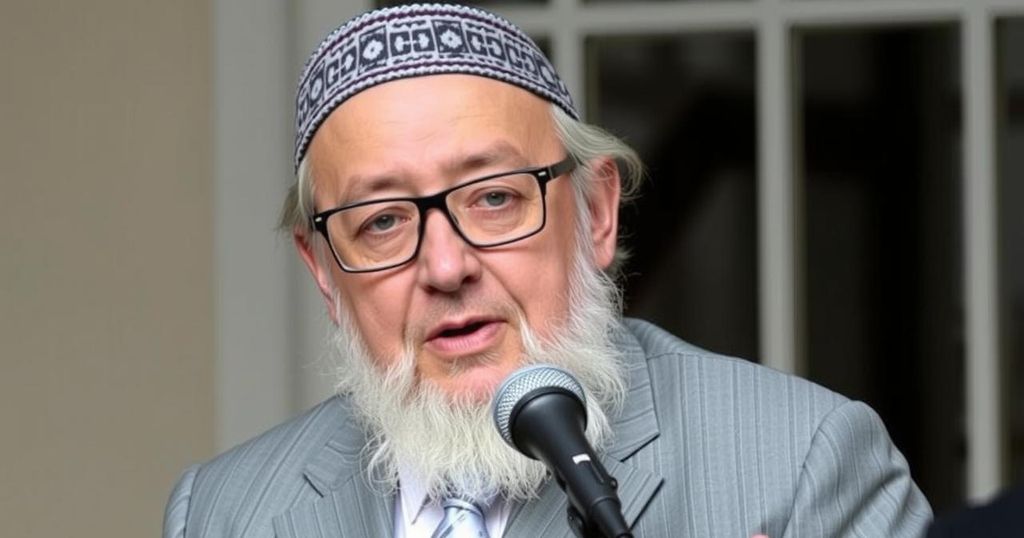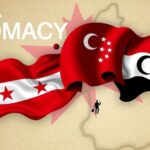Conflicts
” HASHASH, ABDUL RAHMAN AL - QARADAWI, AFRICA, AL - QARADAWI, AMNESTY INTERNATIONAL, ASIA, BASHA, BASHAR AL - ASSAD, CEASEFIRE, CIVILIAN CASUALTIES, CONFLICT, EGYPT, GLOBAL RIGHTS ORGANISATION, HUMAN RIGHTS, LEBANON, MIDDLE EAST, MUSLIM BROTHERHOOD, NORTH AMERICA, SYRIA, UAE, UNITED ARAB EMIRATES, UNITED STATES
Nia Simpson
Lebanon Initiates Extradition of Activist al-Qaradawi Amid Human Rights Concerns
Lebanon has decided to extradite Egyptian activist Abdul Rahman al-Qaradawi to the UAE amid warnings of potential human rights violations. Al-Qaradawi, a critic of regional authorities, was arrested in Lebanon in December and faces the risk of torture and unfair trials if extradited. His legal team plans to appeal the decision, as the situation escalates concerns about freedom of expression and human rights in the region.
The Lebanese government has agreed to extradite Abdul Rahman al-Qaradawi, an Egyptian opposition activist, to the United Arab Emirates (UAE), following a cabinet vote in favor of the decision. His extradition raises concerns of potential human rights violations, given that both Amnesty International and al-Qaradawi’s legal representatives have warned about the risks he would face if returned to the UAE or Egypt. The activist, a long-time critic of authoritarian regimes in the Middle East, was apprehended in Lebanon shortly after returning from Syria. His comments against the UAE, Egypt, and Saudi Arabia had drawn international attention and condemnation from human rights organizations, who argue that his detention is politically motivated. Al-Qaradawi’s legal team plans to file an urgent appeal to block the extradition, as his extradition could breach international obligations to protect individuals from persecution.
The situation surrounding Abdul Rahman al-Qaradawi highlights serious concerns regarding human rights in the Middle East, particularly the treatment of political dissidents. Al-Qaradawi is known for his outspoken criticism of Middle Eastern authorities, especially in Egypt and the UAE. This extradition case presents a crucial moment for Lebanon’s government, juxtaposing national legal obligations against international human rights standards, particularly the principle of nonrefoulement, which prohibits returning individuals to countries where they may face persecution. Al-Qaradawi’s activism has led to significant scrutiny, especially with regards to his family’s legal issues, including the detention of his sister on terrorism-related charges in Egypt.
In summary, the decision by Lebanon to extradite Abdul Rahman al-Qaradawi to the UAE has ignited significant concerns regarding human rights and freedom of expression. Amnesty International and his legal representatives emphasize the potential risks he faces, including torture and unfair trial if returned to the United Arab Emirates or Egypt. This case will serve as a test for Lebanon’s commitment to upholding human rights and protecting its citizens from political persecution.
Original Source: www.aljazeera.com








Post Comment